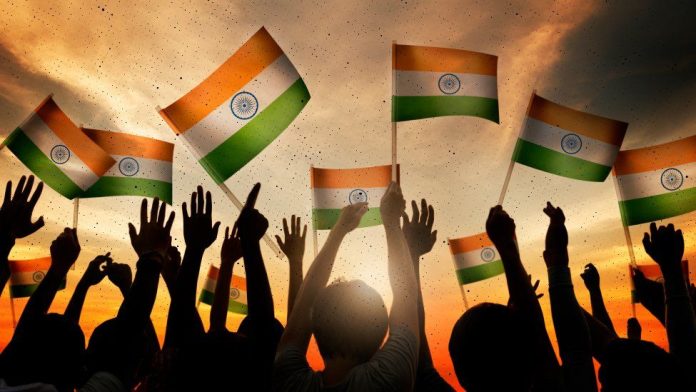– Mohd Naushad Khan
The role of citizens in the election process is pivotal in upholding and nourishing democracy, beyond the mere act of voting. As the adage goes, “Democracy is a government of the people, by the people, and for the people,” underscoring the heightened responsibility of citizens in fortifying and preserving democracy, where elections serve as a critical indicator of its health.
Former Chief Election Commissioner S.Y. Quraishi, author of An Undocumented Wonder: The Making of the Great Indian Elections, stresses that voting is a fundamental human behavior that not only sustains democracy but enhances its quality and credibility. Informed citizens who exercise their voting rights wisely can create an environment conducive to free and fair elections, thwarting the influence of money and muscle power and promoting the participation of marginalized groups.
Quraishi notes perceptible improvements in India’s electoral landscape between 2010 and 2012, reflecting growing awareness and wisdom among voters and candidates. He cites Plato’s Republic, emphasizing the need for political power to be wielded by lovers of wisdom for meaningful election reforms.
Highlighting the significance of youth engagement, Quraishi underscores that elections serve as a catalyst for youth to understand their rights, responsibilities, and aspirations, crucial for sustaining a just and equitable society.
Ranjit Singh Ghuman, Professor of Eminence at Guru Nanak Dev University, emphasizes the constitutional right of every Indian citizen to participate in the electoral process objectively. Ghuman stresses the importance of voters considering issues such as institutional integrity, communal harmony, unemployment, economic inequality, and the credibility of political leaders when casting their votes.
Activist Sandeep Pandey, returning his Magsaysay award over the US’s role in the Gaza conflict, highlights the need for trust in the electoral process. He advocates for voting through a ballot paper due to distrust in electronic voting machines, urging for extra ballot papers to ensure a fair voting experience.
Amir Ali, Assistant Professor at JNU, underscores the criticality of informed voting, especially in the face of significant challenges to democracy globally. Ali emphasizes that citizens must educate themselves on crucial national issues to make intelligent electoral choices, refusing to be misled.
In summary, citizens’ active engagement beyond voting is imperative for a thriving democracy. Their informed participation and vigilance ensure that democratic values are upheld and that elected representatives genuinely reflect the people’s will.




